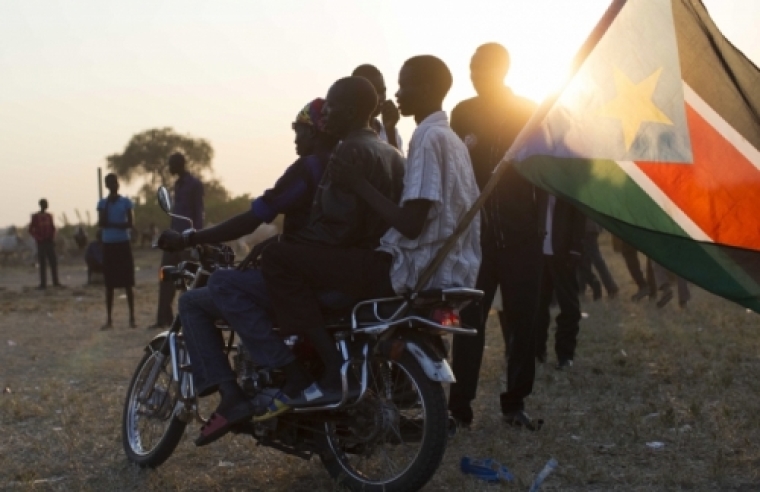
According to the Comprehensive Peace Agreement (CPA) that ended the Sudanese civil war, a referendum on the future of the oil-rich region should have occurred in tandem with South Sudan's referendum on independence, which took place on 9 January 2011. However, it was postponed due to ongoing disagreements between Khartoum and South Sudan over voter eligibility. The nomadic Arab Misseriya tribe, which accesses certain pasture-lands in Abyei for part of each year, wishes to be accorded full voting rights in the referendum. However, according to the CPA's Abyei Protocol and an international ruling by the Permanent Court of Arbitration (PCA), only the Ngok Dinka tribe and permanent residents may vote.
On 31 October 2013, the Ngok Dinka General Conference organised an unofficial vote in Abyei, termed the "Peoples' Referendum", in which 98% of registered Ngok Dinka voters participated. The unofficial plebiscite resulted in 99.9% of participants voting for the area to join South Sudan.
The current crisis in South Sudan threatens to overshadow ongoing negotiations on Abyei and the full implementation of the CPA. Since 15 December 2013, the nation has been embroiled in a political power struggle with increasingly ethnic dimensions. An estimated 1,000 people have died, over 200,000 have been internally displaced and over 30,000 have fled the country. President al Bashir of Sudan and President Kiir were reported to have agreed to consider the creation of a joint force to protect vital oil fields, although this was subsequently denied in a statement issued by the Sudanese Foreign Ministry.
The possibility of a joint force has raised anxieties in Abyei. The area has yet to recover from Sudanese invasion of 2011, and a Sudanese Armed Force presence in oil fields in the north of South Sudan would be in close proximity to Abyei. The people of Abyei are also vulnerable to attacks from Misseriya tribesmen; in May 2013 the Paramount Chief of Abyei was killed in an ambush, despite being in a UN convoy. An Abyei Elder speaking to CSW said, "We are extremely worried that Abyei will be forgotten. The international community and the UN in particular must ensure that the agreements reached on Abyei continue despite the recent developments."
CSW's Chief Executive Mervyn Thomas said, "We offer our condolences to those who have lost loved ones in the fighting in South Sudan and urge all parties to agree to an immediate ceasefire for the sake of civilians, and to reach a political solution with the utmost urgency. The plight of the people of Abyei must not be neglected in the midst of this appalling and volatile conflict. The international community must remain vigilant against any attempts to take advantage of the current chaos to undermine international agreements on Abyei through the use of force, intimidation, or by altering the local demography."